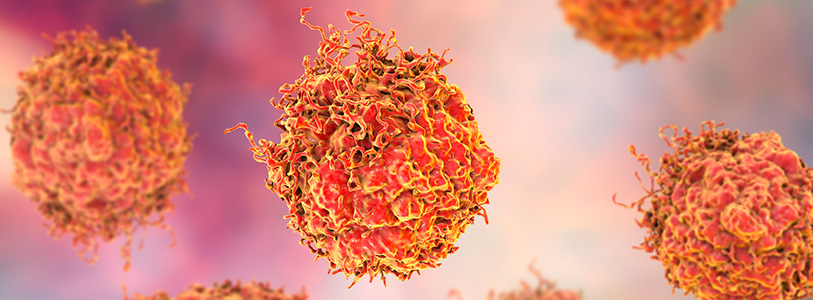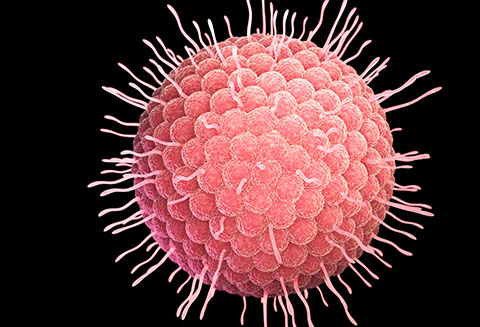Prostate cancer: Early diagnosis can save lives

As a man ages, he may notice changes taking place with his body. There can be changes in urination, difficulty in sexual relations, blood in his urine or constant back pain. If any of these symptoms persist, a doctor’s examination may reveal an enlarged prostate, a common condition associated with male aging. But symptoms could also indicate other, more serious conditions such as prostate cancer.
More articles from this issue
“When a man has an enlarged prostate, the first step is usually a screening test known as a PSA (prostate-specific antigen), which measures the level of a specific protein produced by cells of the prostate gland,” says Dr. Mitchell Benson, a urologist with ColumbiaDoctors, the faculty practice of Columbia University Irving Medical Center, and Chief of Urologic Oncology at New-York Presbyterian Lawrence Hospital in Bronxville. “PSA levels may be elevated in men and, if high enough, might indicate the possibility of prostate cancer and the need for a biopsy.”
Prostate cancer is the second most common cancer among American men and is caused by the uncontrollable growth of cells in the prostate gland. Only a biopsy can diagnose prostate cancer and if so, determine whether the cancer is likely to be slow-growing or aggressive. “Slow-growing (low risk) prostate cancer can often just be watched, a process we now call ‘active surveillance,’” says Dr. Benson. “Most men in this category never advance to the need for treatment. In fact, there are men who, at very ripe old ages, pass away from natural causes, and yet are found (post-mortem) to have lived with undiagnosed prostate cancer. But aggressive prostate cancer is something quite different and requires aggressive treatment.”
Prostate cancer is rare in men under 40, and more than half of all cases are diagnosed in men over 65. Family history increases the chances of developing the condition, as does a lack of exercise, obesity, smoking, and a sedentary lifestyle.
The importance of ‘active surveillance’
Screening men using PSA tests allow physicians to identify patients who have elevated PSA levels, and helps determine if more diagnostic testing is required. If cancer is present, genetic markers on the biopsy material can help determine how aggressive the cancer is and the subsequent treatments that should be taken. “Since many treatments can affect quality of life physically and emotionally, over-treatment of low-risk prostate cancer is unnecessary and not recommended. Rather, it’s best to take an ‘active surveillance’ approach.” says Dr. Benson.
Active surveillance involves periodic PSA tests, rectal exams and repeat biopsies. Changes in test results or an increase in symptoms may prompt a discussion between a patient and his doctor about possible treatments. The treatments used in localized prostate cancer include robotic surgery and radiation. The prescribed treatment would take into account the side effects, and the man’s general health, age, and emotional well-being.
“Prostate cancer, when caught early enough, has a very high cure rate,” notes Dr. Benson. “However, there are a percentage of men who will decide they want treatment even when it is not medically necessary because their anxiety over the cancer diagnosis affects their emotional health.” That is where conversation and communication are key. The urologic-oncologist and the patient need to establish a clear communication channel; the patient needs to be assured his concerns are taken seriously; and the doctor must be able to educate the patient about the side effects of unnecessary treatments.
“Our goal is to treat only when treatment is necessary, to improve quality of life, and to monitor and treat the patient with as few side effects as possible,” explains Dr. Benson. “If a patient, in consultation with his urologic-oncologist, chooses active surveillance, he can be assured that the medical team will appropriately monitor his condition, and advise on treatment when — and only if — that becomes necessary.”
To learn more about prostate cancer, visit nyp.org/cancer. To find a urologist at NewYork-Presbyterian Lawrence Hospital, call 914-787-5000.





